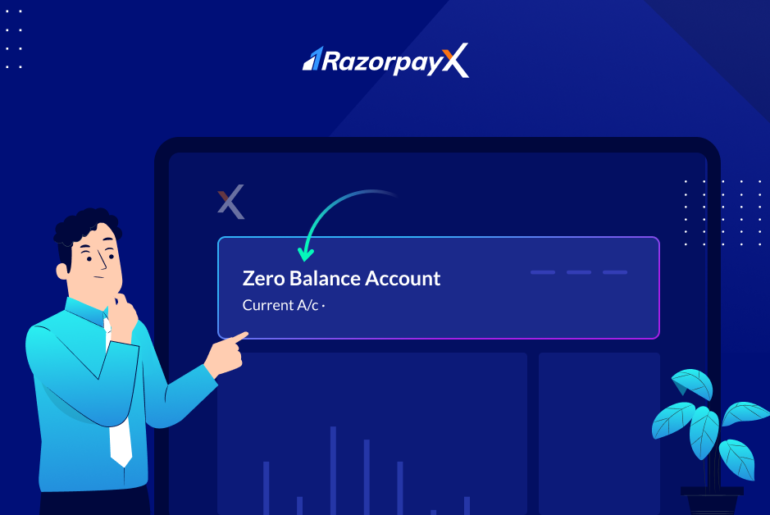The GST Council’s big revision of tax rates on online fantasy gaming has put the entire industry at risk.
This is the big question: is fantasy gaming gambling… or not?
The answer to this question will determine the fate of India’s fantasy gaming industry – an industry that is expected to grow to ₹25,300 crore by 2027.
This is big news – lakhs of jobs are on the line, and desperate letters are being written to the GST Council and the concerned ministers.
So let’s start from the beginning and break it down.
Is Gambling Legal in India?
We start with the actual legal definition of gambling.
In India, any game that involves an element of luck or chance is gambling.
Most states in India outright ban gambling – only Goa and Sikkim allow it, in places like casinos and sports betting rings.
Games like Rummy and Chess, which can be won only if you have the skills are 100% legal. These skills can be honed and practised, unlike gambling, which is entirely reliant on luck.
Until the 11th of July this year, fantasy gaming in India came under this purview – the belief was that people win at fantasy gaming only because they’ve done intensive research and have a deep understanding of the sport and its players.
This deep understanding was believed to be a skill that fantasy game players honed – making businesses like Dream11 and MPL legal.
If you’re confused about what fantasy games are, here’s a quick explanation.
How Online Fantasy Gaming Works
Imagine if you could be the manager of your own cricket team.
You get to pick all your favourite players and put them on one team, and earn money if they perform well!
This is the crux of online fantasy gaming. Participants register with an app like Dream11 or My11Circle and create their own virtual cricket team for an upcoming match in real life.
Let’s say there’s an IPL match happening in three days between CSK and RCB. An online fantasy player would now begin curating his own team, and selected his top 11 favourite cricketers from CSK and RCB.
“Buying” players involves real money – and participants are often constrained by a budget and rules. Of course, buying star cricketers like Dhoni would be the costliest, meaning he would have to strategize and find the perfect balance.
When the actual CSK vs RCB match rolls around, the fantasy game player can now earn money if the cricketers on his team perform well in the real match.
Points are awarded for actions such as runs scored, wickets taken, catches, run-outs, and more. The fantasy platform tracks the live match and updates the participants’ scores in real time.
At the end of the match, participants with the highest points in their respective contests are declared winners, and stand to win cash prizes, coupons and other rewards.
Online Fantasy Gaming and GST
Tax laws in India make a stark distinction between gambling and games of skill. The GST on gambling activities like betting, lottery or casino gambling is 28%. The government levies a higher tax on gambling, cigarettes and alcohol to discourage people from indulging.
For normal games, however, GST levied can be as low as 0%, if it is meant for purely entertainment purposes.
Up until recently, online fantasy gaming came under the purview of normal, skill-based games and had to pay GST of 18%, and that too only on the commission that the online fantasy game platform earns – which is only a percentage of the total revenue generated.
The recent revision changes this.
The GST Council now acknowledges that online fantasy gaming is not a skill-based game, and is rather a gambling activity, where players earn money purely by luck.
From this new perspective, businesses like Dream11 have to pay a 28% GST on the total revenue generated – the Contest Entry Amount, or the deposit that the players pay to sign up with the platform.
This means online gaming businesses have to pay a big chunk of their earnings as tax, and the players will have to pay GST on their winnings as well.
Criticism from the Online Gaming Industry
Of course, online gaming businesses fought back hard. Nobody wants to pay such huge amounts of taxes, especially since the industry was predicted to grow exponentially in the coming years!
Gamers, businessmen and patrons of online games have criticised this policy change, predicting the loss of lakhs of jobs as online fantasy gaming companies buckle under the weight of these new tax requirements.
The effect of this higher tax will be cascaded onto the customers – who will be expected to pay higher entry fees. The government expects these higher fees to discourage online fantasy gaming, potentially disabling this industry.
Patrons of online gaming also fear that people who used to play on these regulated, legal websites will now resort to offshore, illegal sites that are completely unregulated.
Fantasy Sports: the Way Ahead
After requests from owners of gaming companies, investors like Tiger Global and the lakhs of online gamers in India, a few ministers approached the GST Council requesting a relook.
But this new law seems to be here to stay.
Members of the GST Council believe that lower GST rates would incentivize betting and gambling.
Entrepreneurs like Ashneer Grover, co-founder of CrickPe, have been openly against this new law, seeing the higher GST rates as a death knell for India’s massive online gaming industry.
But will the billion-dollar online gaming industry survive in this new tax landscape? This is something only time can tell.
If you liked this blog, check out RazorpayX!
RazorpayX is a supercharged business banking suite, offering solutions to every financial problem a startup might face.



